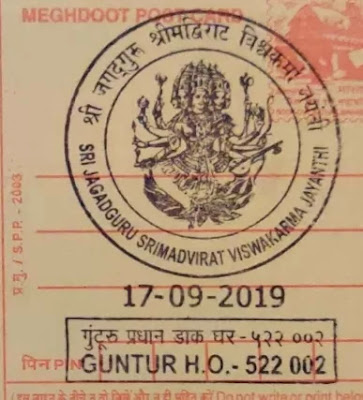Gaganendranath Tagore (1867-1938): A Pioneer in Indian Art and Culture
Gaganendranath Tagore, born on September 18, 1867, in Calcutta (now Kolkata), India, was a multifaceted artist and cultural pioneer who left an indelible mark on the world of Indian art. He hailed from the illustrious Tagore family, renowned for its contributions to literature, art, and music. Gaganendranath, however, charted his unique path as a painter, cartoonist, and playwright.
As an artist, Gaganendranath Tagore was a trailblazer, known for his experiments with various styles, including the influence of Japanese art and modernist trends. His works often depicted the changing socio-political landscape of India during the late 19th and early 20th centuries. His versatility ranged from traditional Indian art forms like miniature paintings to avant-garde techniques, reflecting his keen sense of innovation.
Gaganendranath's contribution to Indian art extended beyond the canvas. He played a pivotal role in the cultural renaissance of Bengal, fostering a vibrant creative environment through his association with the Indian Society of Oriental Art and his interactions with luminaries like Rabindranath Tagore, his cousin, and other influential figures of the time.
Apart from his artistic pursuits, Gaganendranath Tagore was a satirist and humorist. He was a pioneer of political cartooning in India and used his sharp wit to comment on contemporary issues. His cartoons provided a powerful commentary on the socio-political climate of colonial India.
Gaganendranath Tagore passed away on July 14, 1938, leaving behind a rich legacy that continues to inspire and influence artists and cultural enthusiasts in India and beyond. His eclectic body of work and commitment to pushing the boundaries of artistic expression make him an enduring figure in the history of Indian art and culture








.jpg)
